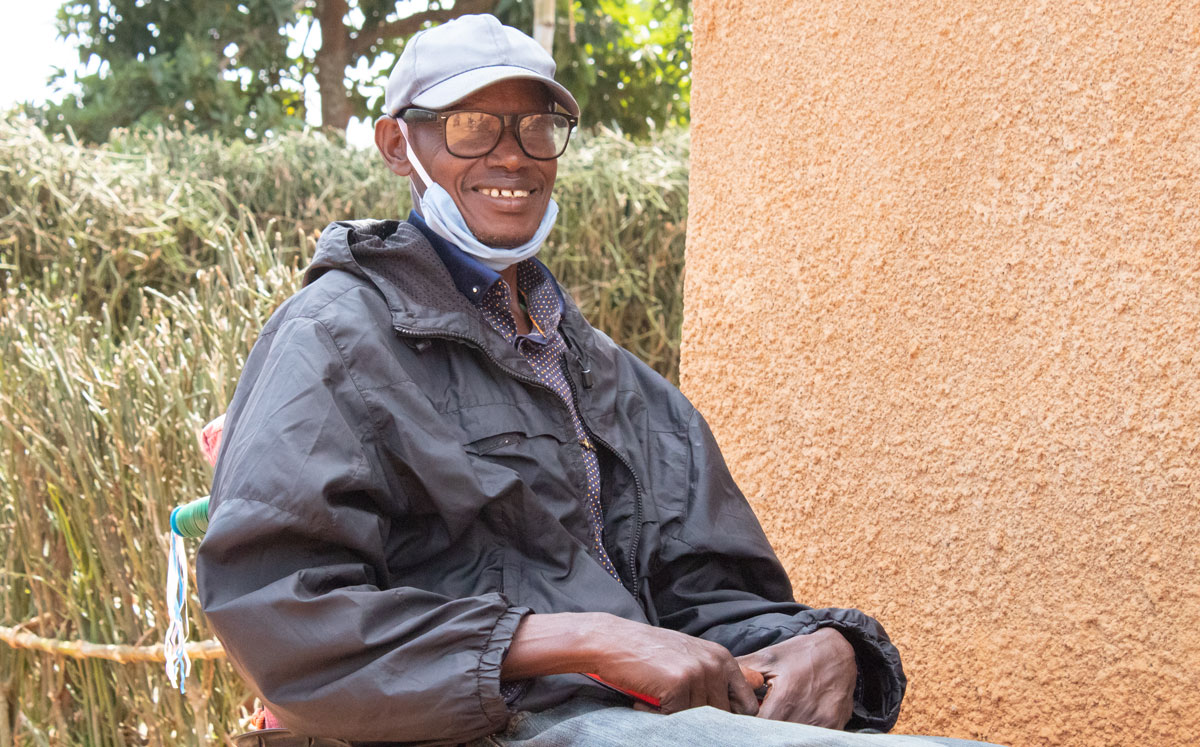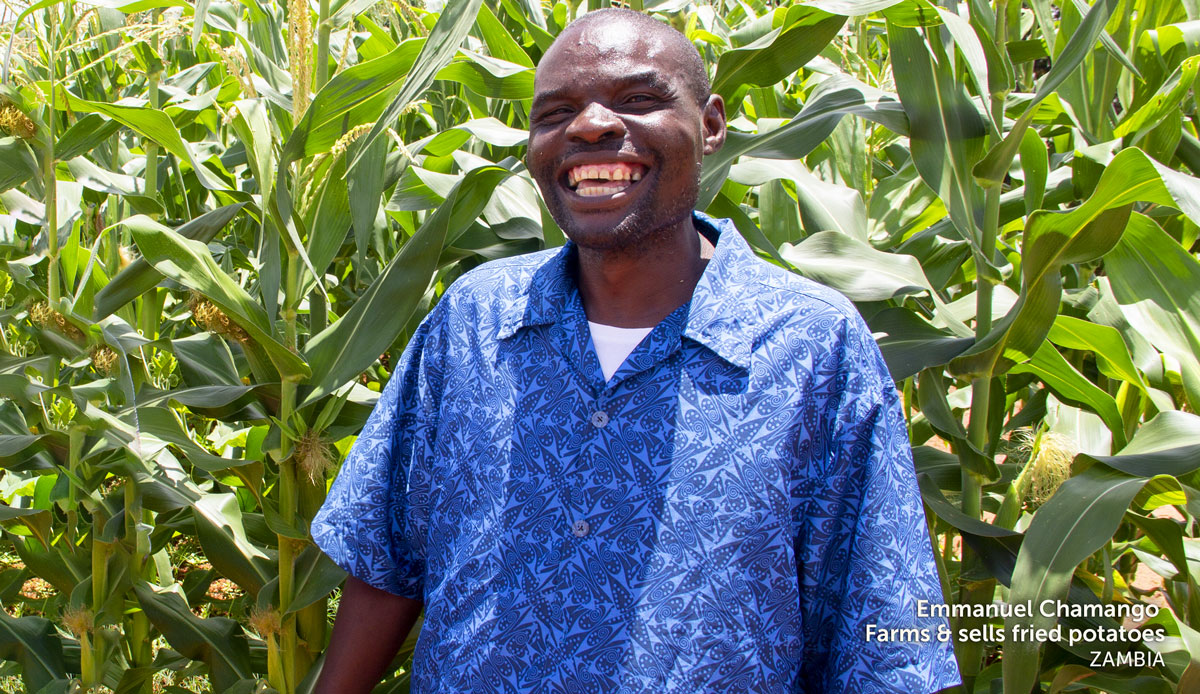At HOPE International, we operate in global settings where we’ve seen and experienced how election seasons can be filled with contention. And yet, we have also seen how our incredible global team has responded to these situations. This month, with elections in Moldova (where HOPE’s microfinance partner Invest Credit operates) and the U.S. (where we have our central office and many friends and supporters), we are eager to learn from our global brothers and sisters—how they have responded, especially in election seasons, and loved across dividing lines.
We especially look to the men and women we serve—like this Rwandan savings group comprised of both perpetrators and victims of the Rwandan genocide—to teach us how we can actively pursue mutual understanding and reconciliation. Continue Reading…





















